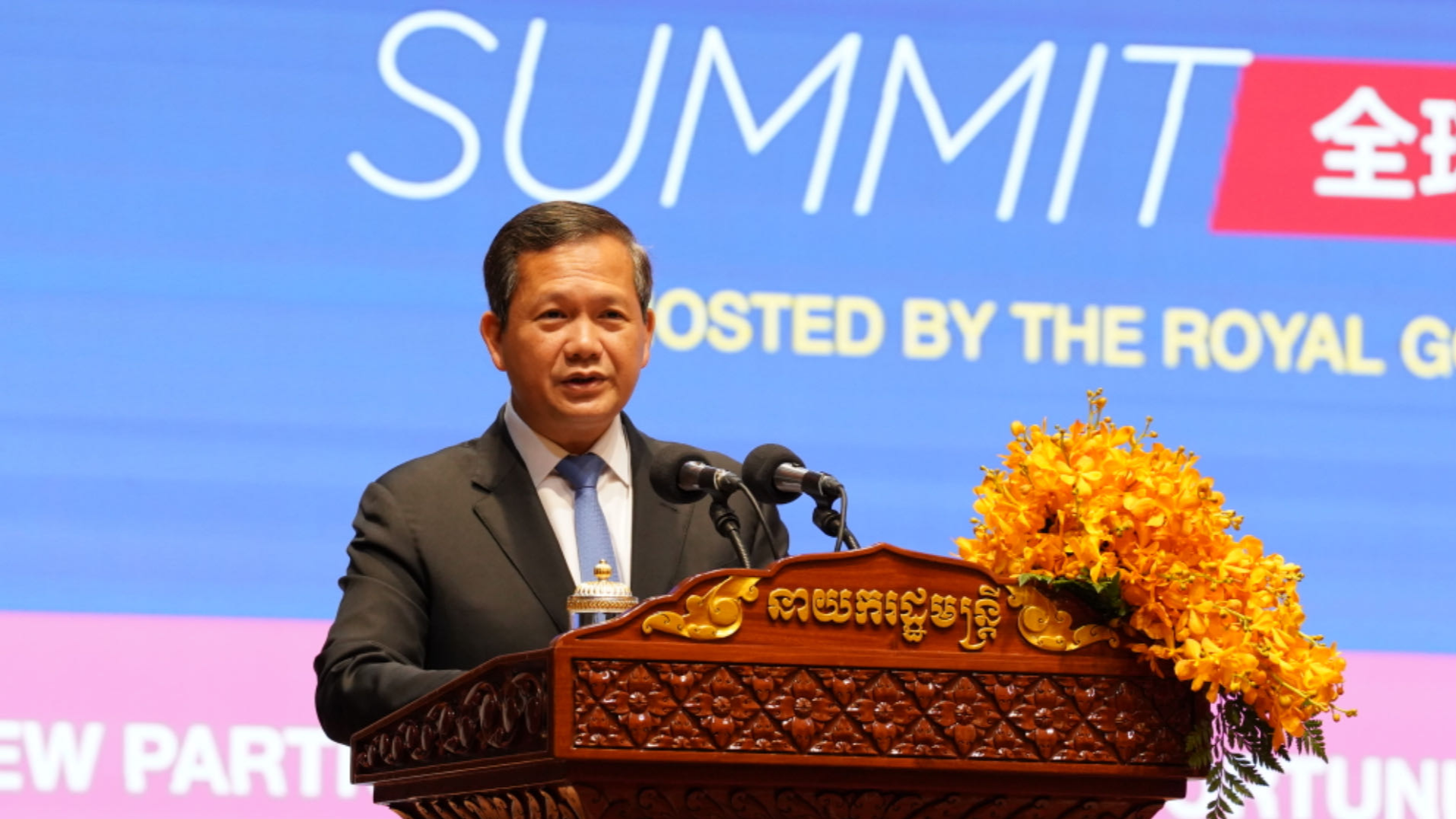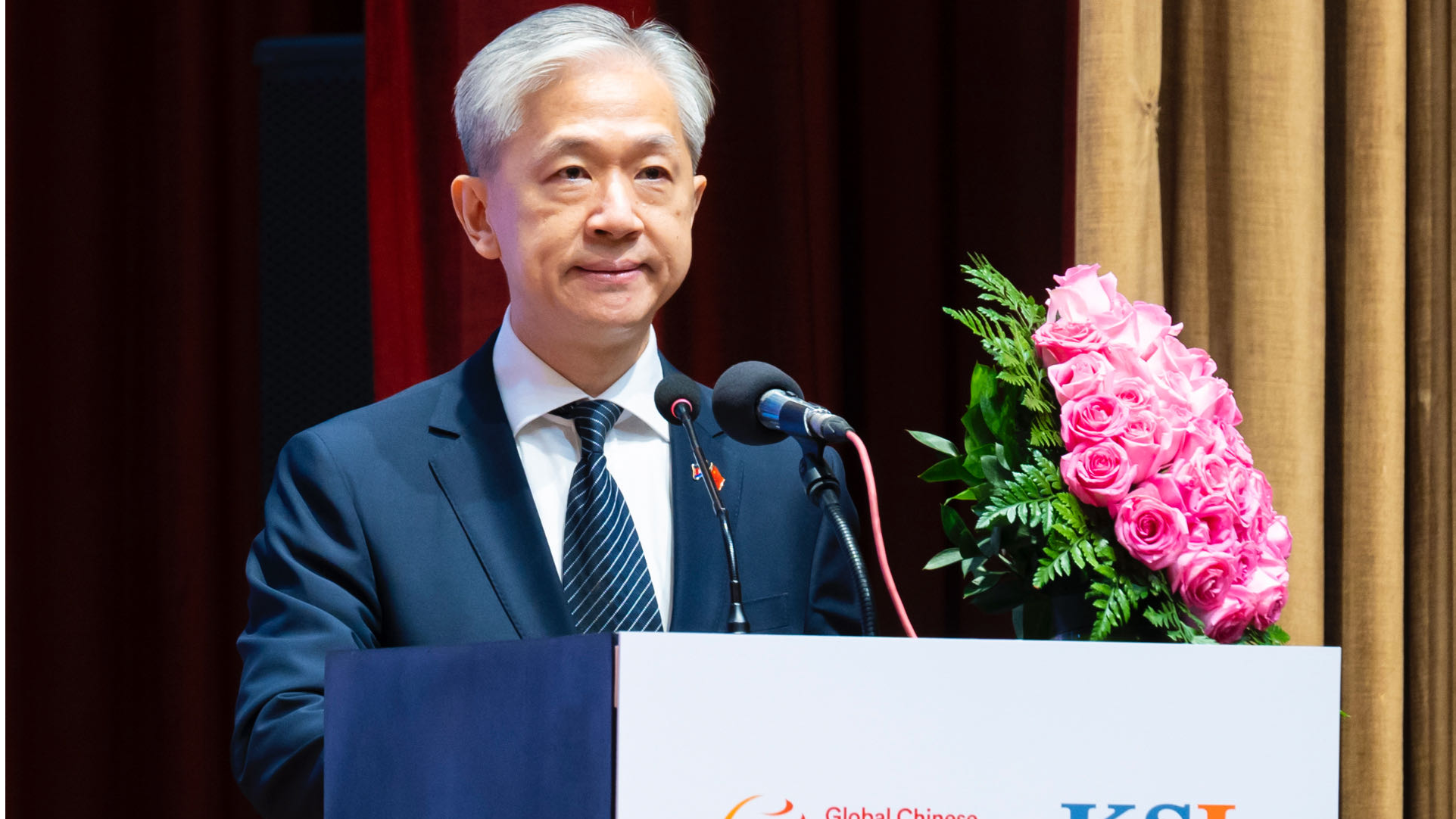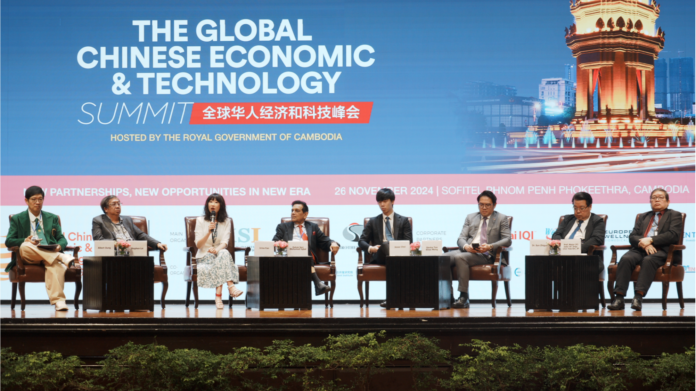Southeast Asian countries are poised to capitalize on China’s technology strengths and regional partnerships to seize the opportunities presented by technology advancements as international headwinds pose challenges to economic growth.
The remarks were made by political and business leaders as well as experts at the Global Chinese Economic and Technology Summit held in Phnom Penh, Cambodia, on Tuesday. Themed “new partnerships, new opportunities in a new era”, the full-day event included three panel discussions focusing on global cooperation frameworks, new economy, and the role of overseas Chinese.

Cambodian Prime Minister Hun Manet said, “When China, as the main driver of global growth, is focusing on high-quality development, I believe that the whole region stands to gain from such policy orientation.”
READ MORE: Forum: China keeps supporting ASEAN centrality and unity
China has projected that its high-quality development will be driven by new quality productive forces, such as artificial intelligence, digital economy, and humanoid robots, he added.
The prime minister said that the strong cultural ties and friendly government relations between China and Cambodia provide a favorable environment for Chinese businesses to develop in the Cambodian market.

In his special address, Chinese Ambassador to Cambodia Wang Wenbin said, “Cambodia is a hot spot for overseas Chinese to invest in.” The Cambodian government also highly values the investment from overseas Chinese, and is actively improving its business environment.
“Cambodia is a trustworthy partner”, whose gross domestic product increased by 10 times in the past three decades. “The country is integrating into the world economy confidently and is becoming one of the fastest growing economies in Southeast Asia and even the whole world,” Wang added.
Cambodia has made the development of the digital economy and digital technologies one of its priorities, actively attracting investments in emerging technologies and high-tech industries, the ambassador added.
Michael Yeoh, organizing chairman of the summit, noted the shifts happening in the global market, and said, “An increasingly VUCA world — volatile, uncertain, complex, and ambiguous — calls for collaboration, dialogue and partnerships.”
“China will increasingly be a strategic partner with ASEAN and the Global South”, as “China is a global leader in digital and green technologies, and can assist with these economies in digital transformation and green transition”, Yeoh added.
During a discussion session co-organized by China Daily, panelists explored the opportunities and challenges now shaping the global landscape, highlighting the roles of the Belt and Road Initiative and the Regional Comprehensive Economic Partnership.
They emphasized that, in this context, an increasing number of Chinese companies are eyeing Southeast Asian nations as one of their prime investment destinations. The discussion also delved into how Hong Kong could capitalize on its international connections and financial strengths to drive such investment.
READ MORE: China, ASEAN to further enhance cooperation, exchanges
In a session centered on the digital economy and green development, business leaders and researchers exchanged insights from their experiences in international markets, particularly in Southeast Asia.
They noted the potential impacts of climate change on economic growth and the importance of sustainable development. However, they also pointed out that the green transition demands great investment, so there is the need for companies to deliver smarter solutions and for governments to foster closer collaboration.
The summit also saw speakers sharing their observations about the presence of overseas Chinese in the global business landscape, such as the tourism industry and investment sectors.
Contact the writer at irisli@chinadailyhk.com

